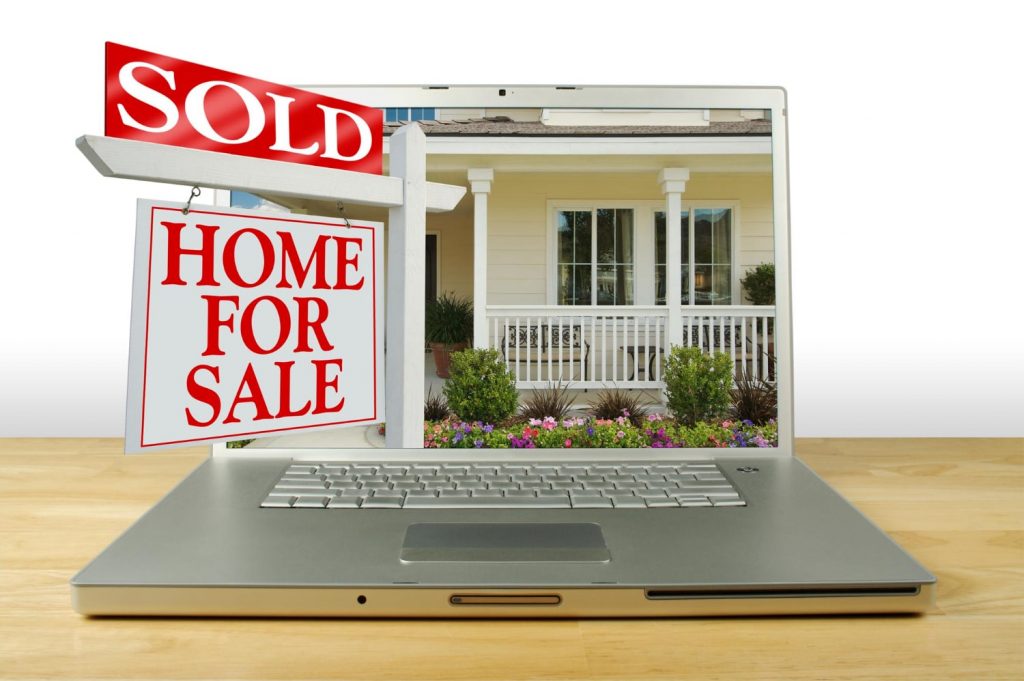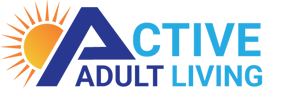The methods and strategies for promoting a home sale have significantly transformed the rapidly evolving real estate market. The introduction of digital marketing avenues has created a fascinating divergence from traditional methods, introducing new opportunities and challenges for homeowners, real estate agents, and digital marketers. This blog post will explore the nuances of traditional versus digital marketing strategies in real estate, aiming to provide insights into which approaches can yield the best results in today’s market.
The Changing Landscape of Home Sales
Gone are the days when home selling was limited to yard signs, newspaper ads, and open houses. While these traditional methods are still in play, the digital age has ushered in a plethora of new marketing avenues. Today’s sellers and agents face a critical question: stick with the familiar traditional methods or venture into digital marketing. Or is there a middle ground that leverages both strengths?
Traditional Marketing Methods for Home Sales

Traditional marketing in real estate refers to the tried-and-tested methods of advertising that have been used for decades. These include print advertisements in newspapers and magazines, direct mail flyers, yard signs, and hosting open houses. While these methods can still be effective, their reach and efficiency are often debated in modern market dynamics.
Pros:
- Tangible: Many people appreciate the tangibility of print ads and direct mail. There’s something about holding a flyer or a beautifully designed brochure that digital advertisements can’t replicate.
- Local Reach: Traditional marketing methods are excellent for targeting local markets. Yard signs and local newspaper ads can effectively attract potential buyers.
Cons:
- Cost: Print advertising and direct mail campaigns can be expensive, with costs significantly varying based on the publication or the scale of the campaign.
- Limited Analytics: Measuring the success of traditional marketing efforts is challenging. Beyond inquiries or foot traffic during an open house, it’s hard to quantify the effectiveness of these methods.
Digital Marketing Strategies for Home Sales

Digital marketing encompasses a range of online marketing tools and platforms, including social media, email campaigns, search engine optimization (SEO), and online listings. These tools offer expansive reach and detailed analytics, providing real-time feedback on campaign performance.
Pros:
- Wider Reach: Digital marketing breaks geographical barriers. A listing can attract interest from across the globe, exponentially increasing the pool of potential buyers.
- Targeting and Personalization: Advanced algorithms allow for highly targeted advertising, reaching potential buyers based on their searching behavior, preferences, and online activity.
- Analytics: One of the significant advantages of digital marketing is the ability to track and analyze the performance of your campaigns, allowing for quick adjustments and optimization.
Cons:
- Complexity: The vast array of digital marketing tools and platforms can be overwhelming, especially for those new to digital marketing.
- Competition: The digital space is crowded. Standing out in a sea of online listings and ads requires creativity, marketing acumen, and sometimes a larger budget.
The Future of Home Sales and the Role of Marketing Strategies
The future of home sales lies in the seamless integration of traditional and digital marketing strategies. An integrated marketing approach leverages the tangible benefits of traditional methods, such as local signage and open houses, whilst capitalizing on the expansive reach and analytical power of digital marketing. By combining these methods thoughtfully, sellers and agents can maximize exposure and effectively engage with a broader audience.
The debate between traditional and digital marketing is less about choosing one over the other and more about understanding how they can complement each other. The key lies in leveraging both strengths to create a comprehensive, adaptable, measurable, and, most importantly, effective marketing strategy.
We invite you to share your experiences or thoughts on blending traditional and digital marketing strategies for home sales in the comments below. Whether you are a homeowner, a real estate agent, or a digital marketer, your insights can help others navigate the complexities of the current real estate market.
ActiveAdultLiving.com is an online directory showcasing communities for those aged 55+ and seniors and active lifestyle communities. It is a valuable digital platform where home builders, real estate agents, and brokers can effectively market their property listings.




